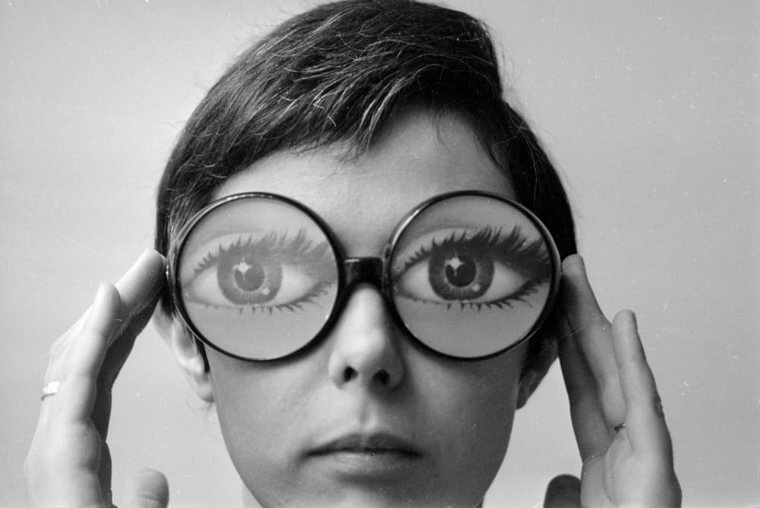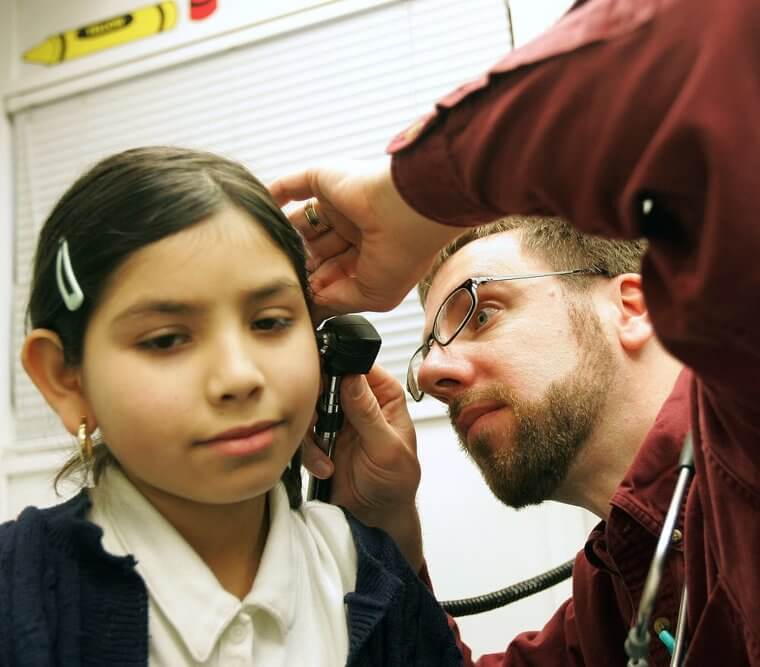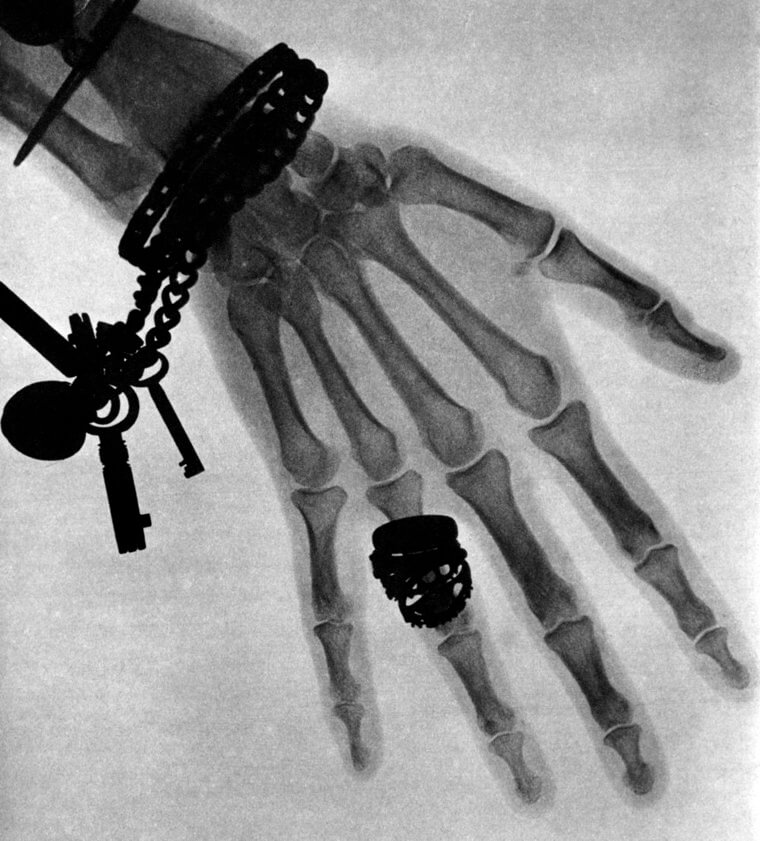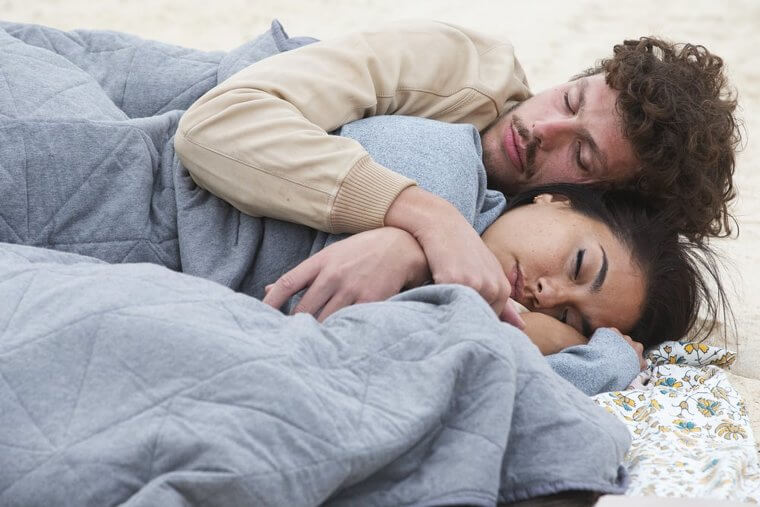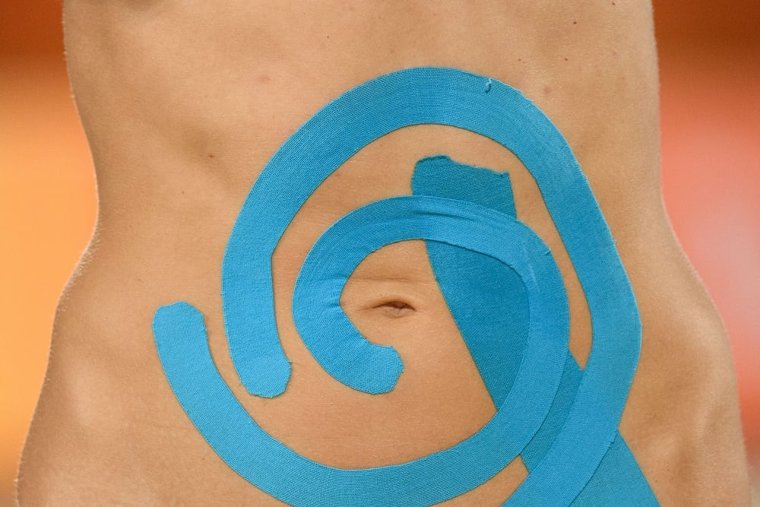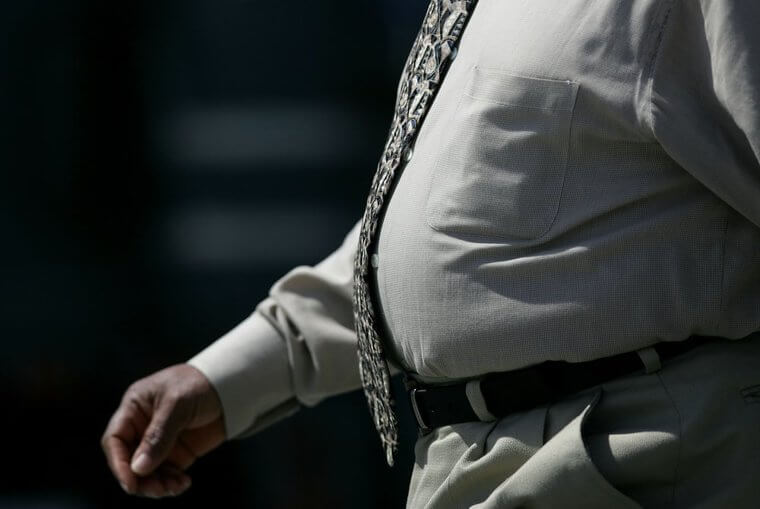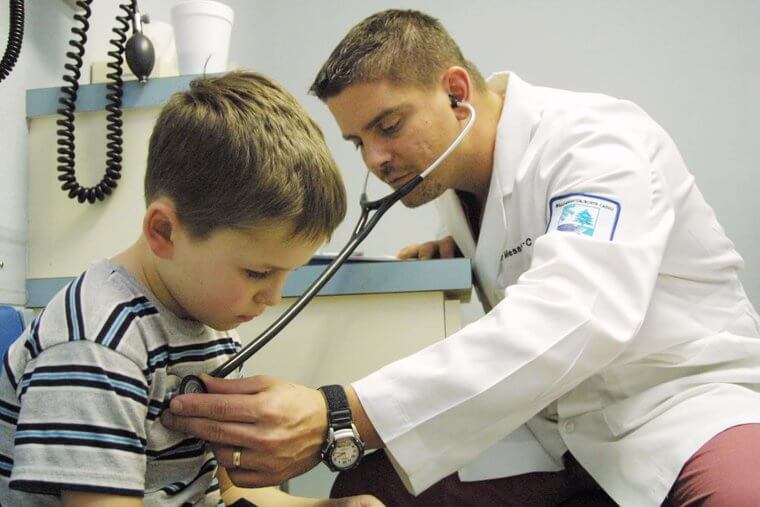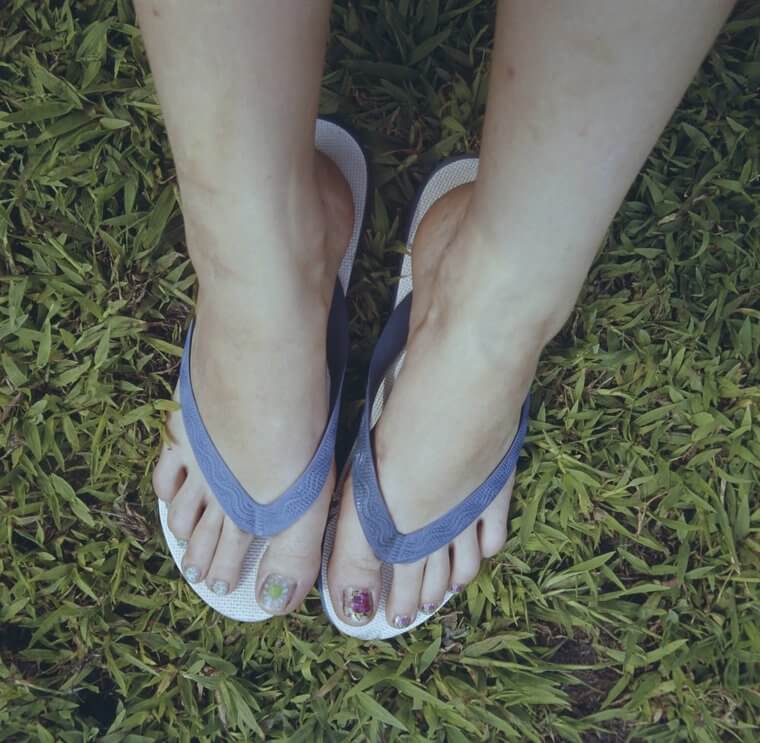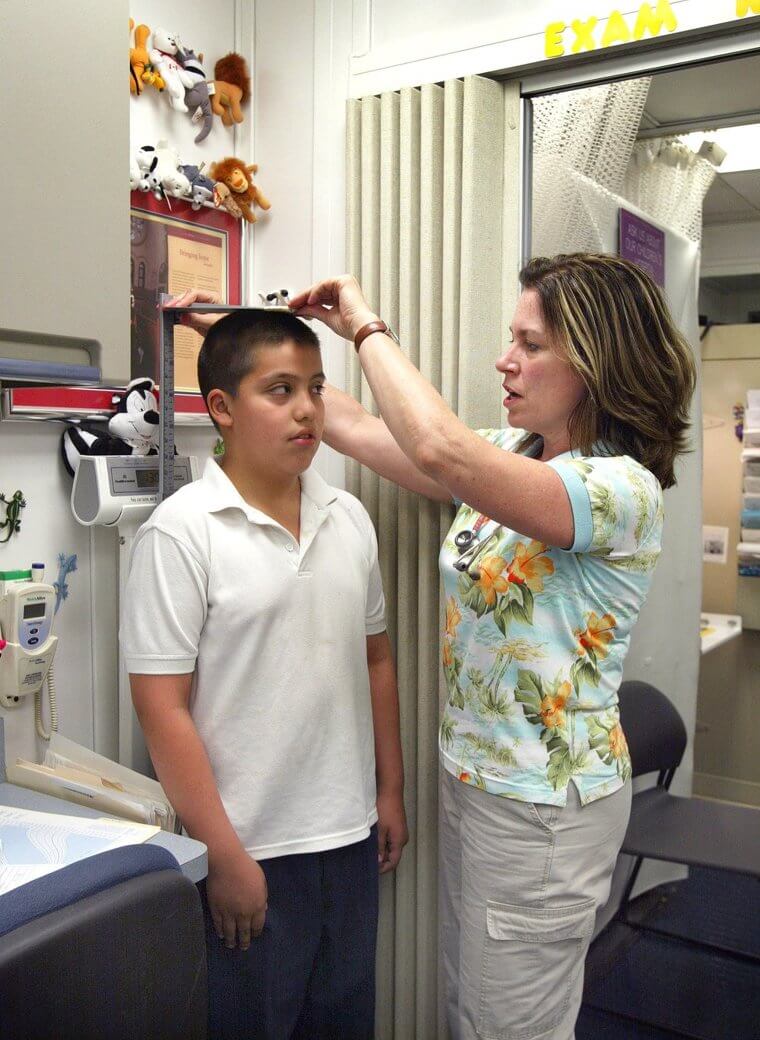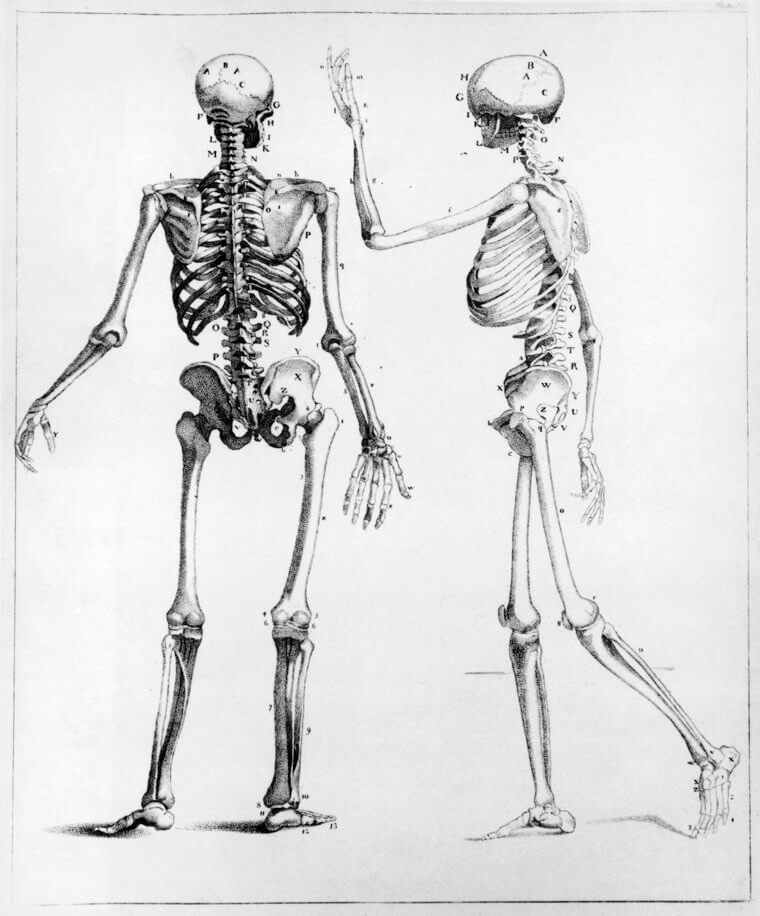There’s a lot of information that is known and understood about the human body. However, some of it is so odd and interesting, that it is not widely known. Our bodies are very impressive. We are capable of so many incredible things, but there are so many other things that you don’t even know about. For instance, did you know that you nap when you blink? Or that your hair can taste? What about the fact that you are literally glowing? It’s all true. Keep reading to learn out why, as well as many more interesting facts about your own body that you didn’t even know.
Your Hairs Tastes Things
Have you ever noticed that sometimes when you smell something, you can kind of taste it, too? This is thanks to your hair! Just not the hair on your head. More specifically, your lungs and nasal passages are lined with something called cilia, which is tiny fine hairs.
These hairs are there to help rid your body of impurities. They detect these impurities through tasting things. According to the American Association for the Advancement of Science, When the cilia taste something bitter (AKA an impurity) they start moving faster so the impurities are sent out of your body as fast as possible.
You’ll Never Be Able to Tickle Yourself
When you get tickled, there are two regions of your brain that tell you you are being tickled: the anterior cingulate cortex and the somatosensory cortex. The anterior cingulate cortex is what processes pleasant signals and information. The anterior cingulate cortex is what processes touch.
However, when you tickle yourself, both of these brain regions are significantly less active than when you are tickled by someone else. This is because your cerebellum monitors your own movement and is able to predict the tickling sensation. Therefore, what would usually feel pleasantly tickly to you feels like an ordinary touch when you tickle yourself.
Having Big Eyes Make You Nearsighted
While many people consider having big, beautiful eyes an asset, scientific research may now suggest otherwise. Doctors have actually linked having big eyes with being nearsighted.
Nearsightedness happens in big eyes because the eye is so large, light can not reach the retina properly and impacts how well you see. In a long eyeball, light focuses too soon, well before the light hits the retina, and makes everything look blurry by the time it does hit the retina. More specifically, big eyes commonly have the condition myopia which is when distant objects look blurry.
You Are Literally Glowing, Even if You Can’t See It
We tend to reserve the “glowing” compliments for pregnant women or anyone who just had a really good facial. But telling someone they’re glowing is applicable to many more scenarios than you think.
Japanese scientists have found that human bodies actually do glow! Bodies emit visible light, but in a way that is much less intense than what human eyes can see. About 1,000 times lower than what we can see, as a matter of fact. The same scientists also found that human bodies glow at different intensities throughout the day. They found that bodies glow the brightest around 4 p.m. and the lowest around 10 a.m.
You Can Combat Global Warming By Not Washing Your Hair
While everyone knows that not washing your hair can cut a lot of hassle out of your morning, especially if you’re prone to running late, we have a little-known fact that will make skipping the shampoo a little more appealing.
According to the Missouri University of Science and Technology environment engineers, the oils found in dirty hair can absorb the air pollutants that damage the ozone! When you wash your hair, you get rid of these helpful oils, so don’t ever feel guilty about skipping a wash!
When You Blink, You Are Taking a Micro-Nap
As you probably already know, blinking is involuntary. In fact, people blink approximately 15 to 20 times in one minute.
While most people assume that blinking is something that happens to keep your eyes from getting dry or to remove dust and other irritants, that is actually far from the truth. One study by Washington University found that closing your eyes, even for a microsecond, gives you a mini recharge and helps improve attention. The fact that blinking keeps your eyes moist and clear of debris is just a bonus!
You Can Dissolve Razor Blades With Your Stomach Acid
We highly recommend not trying this fact at home. And don’t worry, nobody swallowed razor blades to prove this fact to be true, either. Researchers found this out when they were conducting experiments on the effects of the gastric juices that are found in your stomach.
They applied the gastric juices to a variety of objects and let it sit for well over 24 hours. Their results showed that the gastric juices reduced the razor blades by 37% while their other test items, like batteries and pennies, were hardly even affected by the stomach acid.
Beware of Sneezes- They Can Travel 20 Feet
Germs are a hot topic right about now, so this fact may or may not be a big surprise to you. It is also why it’s a good idea not to be in confined spaces with a lot of people if you’re worried about getting sick.
Many people previously thought that being six feet or less away from a sneezing person was enough until scientists at MIT did a little research. They conducted a video study found that sneezes travel as far away as 20 feet. Keep that in mind when you’re across the aisle from a sneezing person on the subway.
Your Earwax Is More Important Than You Think
We all agree that earwax can be annoying. But it is actually good for you. So the next time that earwax starts to bother you, think before you reach for a Q-tip to scoop it out.
Earwax is very important. It lubricates your ears, helps keep your ears clean, and event prevents infections. Earwax is made up of 50% fat. As it builds up in your ear, it catches the stuff you don’t want to get in there, like dust. So earwax is a very important part of keeping your ears healthy, even if it seems gross.
You Lose Bones as You Age- Almost One-Third!
When you are born, you are born with approximately 300 bones. That may seem like a lot, but you actually begin to lose them as you age!
Mammal Anatomy: An Illustrated Guide explains that this is due to natural aging processes. As you age, the cartilage of your bones ossifies and sometimes fuses bones together. By the time you are a young adult, you will be left with only 206 bones out of the original 300. That means you lose about 94 bones as you age!
Move Over Santa Clause, Your Hair Knows When You Are Sleeping
Your hair can do much more than just smell. Your hair can sense when you are sleeping, too! In fact, they track your sleeping patterns.
Individual hairs are full of cells, especially in their follicle. At Yamaguchi University, scientists found out that those follicles have RNA that comes from “clock genes.” These “clock genes” are what track your sleep cycles. They are also why you may notice that your hair looks different when you wake up too early or go to bed late.
Your Taste Buds Become Dull With Age
While wine only gets better with age, the same cannot be said for human taste buds. Much like the fact that our hearing and vision abilities decline with age, so does our taste buds.
Scientists have found that when we are older, our taste buds do not regenerate as fast as when we were younger, especially after injuries or taking different medications. And it gets even worse for women. Women start to experience lower taste sensitivity in their 50s even though men don’t start to experience it until their 60s.
Your Tongue Print Is As Unique As Your Thumbprint
While we don’t see police departments starting to use tongue prints instead of thumbprints to identify criminals any time soon, it’s good to know it’s an option.
The Moogambigai Dental College started studying tongue prints and found that biometric scans can be used to take, measure, and inspect tongue prints. They can even map the different details of your tongue. Things like shape, length, width, and textures like marks and ridges make up your tongue print and can identify your tongue as uniquely yours.
No Other Animals Cry Emotionally Like Humans
Whether you’re a crier or not, this fact is very interesting. Many different animals produce tears as a way to wet their eyes while also ridding them of debris, but humans are actually the only animal that produces tears as an emotional response.
There are several theories on why humans are the only emotionally crying animals, but the director of the Centre for the History of Emotions at Queen Mary at the University of London, Dr. Thomas Dixon, has one particular theory. Dr. Dixon believes that crying emotionally is a social tool that humans developed. It’s a way of showing others, or even just yourself, that things are pretty bad.
Butts Are the Largest Muscle in the Human Body
Perhaps Sir Mix-a-Lot knew this when he created “Baby Got Back” and was simply referring to women with large muscles. No? It was worth a shot.
Your body has many different muscles and while science isn’t too sure which muscle in your body is the strongest, it certainly knows which muscle is the largest: the gluteus maximus. Your butt is the largest muscle in your body because it serves a very important purpose. Your gluteus maximus keeps your body up, moves your hips, and works against gravity all the time. Not to mention, your butt provides a nice cushion for when you sit down.
Your Pinkie Finger Holds 50% of Your Hand Strength
Much like the little toe, the pinkie finger is often assumed to be weak and unassuming. However, research suggests that your pinkie finger is stronger than otherwise thought.
In fact, your pinkie finger is crucial to your strength. You may not realize it, but your pinkie finger helps every other finger on your hand have more strength and even helps the thumb pinch. This is why rehabilitation specialists say that losing a pinkie would result in losing half of your hand strength. It would through things way out of proportion.
Your Intestine Is Your Height Quadrupled
Height is a sore spot for many people. And while all of our heights vary, we do have one thing in common: the length of our intestines.
The intestine plays an important part in your digestion and is responsible for absorbing nutrients. If you look at a picture of your intestine, they would look like tubes all smushed together. If you were to unwind your intestine and measure it, you would find that it measures somewhere between 18 to 23 feet, which is four times human height. So next time someone wants to give you grief on your height, you can totally brag about the length of your intestine.
You Have More Than the Typical Five Senses
We all know of the five senses smell, taste, sight, touch, and hearing, but did you know that humans have more senses? And no, we’re not talking about “The Sixth Sense” or elusive psychic abilities.
There are actually several senses that we possess as humans including temporal perfection or the sense of time, nociception or the sense of pain, thermoception or the sense of temperature in and around the body, proprioception or the sense of space, and equilibrioception or the sense of balance.
How You Sit Determines Your Memories
As weird as it sounds, it’s actually real science. While your position doesn’t determine the memories you are currently making, it does affect the memories you remember.
Research shows that the way you sit helps you remember specific memories. For instance, if you sit up and look up, it is easier for you to remember positive or empowering things. And if you hunch over and look down, it is easier for you to remember negative things. So next time you need a change of headspace, think about changing the way you are sitting!
Your Ear Is The Smallest Bone in Your Body
We already talked about the largest muscle in your body. Now it’s time to talk about the smallest bone you possess: your ear.
If you think you don’t have a bone in your ear, you might be thinking about the cartilage the surrounds your ear. However, there are small bones surrounding the actual hole of your ear. This is where you find the stapes, the smallest bone in your body. The stapes look like a stirrup. It has an oval window, a base, and is even covered with a membrane that helps you sense and measure vibrations from sound.
Kids Grow More in the Summer Than Any Other Season
You may think that children’s growth happens slowly and steadily, but it actually speeds up and slows down at different times of the year.
After studying the growth of children, Joseph Gigante, M.D., who is an associate professor of pediatrics at Vanderbilt Children’s Hospital in Nashville, said that he finds children’s growth spurts to happen seasonally. He said that even though there isn’t any explanation for it, it seems that children grow less in the fall and more in the summer. Now the phrase that says kids “grow like weeds” makes a little more sense!
Your Gut Has a Mind of Its Own
Who hasn’t felt butterflies in their stomach? Usually, we feel butterflies when nerves kick in, like when you have to talk in front of a group of people or when your crush catches your eye.
As it turns out, we experience butterflies thanks to the brain in our stomach! And no, it’s not a literal brain in our stomachs- just a network of neurons that are very similar to those in our brain. These neurons line your stomach sense things and have reflexes. They are also highly connected to your nervous system. That’s why some scientists call your stomach your second brain and also why you should indeed “trust your gut.”
You Don’t Have Muscles in Your Finger
If you think about it, you rely on your fingers to execute important tasks more often than you think, including holding things and feeding yourself. And even relying on them so heavily, it’s crazy to think that they don’t utilize muscles to do such important tasks.
Even if you have a strong grip, it’s not thanks to muscles. It’s thanks to the bones and tendons in your fingers. However, the muscles in your palm and the ones at the base of the fingers do play an important role, especially when it comes to lifting heavy things.
Your Bones Can Withstand More Than Steel
Even though bones break, it’s not with great ease. If you’ve ever had a broken bone, you know just how painful it can be. And there’s a good reason why.
Bones are stronger than steel, so it takes quite a blow to break them. In fact, human bones have been described as having the ability to withstand greater pressure and bare a greater load than steel the same length and width. As far as the strongest bone in the body goes, your femur can bare approximately 30 times an average human’s weight.
The Only Muscle in Your Body That Doesn’t Connect Two Bones Is Your Tongue
Muscles typically connect bones in the human body and both ends of the muscle usually have bone attached which is what allows you to move different parts of your bodies.
However, there is one exception to this. Your tongue is a muscle, but it doesn’t join two bones. The back of your tongue is in fact connected to a bone in your neck, the hyoid bone, but it does not connect to another one which is why you can stick out your tongue and wiggle it around.
Babies Have No Kneecaps
Who here thinks kneecaps are bones? If you do, you’re not alone. However, kneecaps are actually not bone. At least not in babies. These important body parts are actually cartilage that turns into bone over time.
That means, when babies are born, they don’t have kneecaps. They only have cartilage. The process of ossification that turns the cartilage into kneecaps starts when a baby reaches 3 years old or as late as when they turn six. The ossification process can also last long into adolescence, ending only when they are young adults.
You Could Almost Completely Regrow Your Liver if Need Be
We’re taught that only a few parts of our body can regrow, like skin and hair. However, one of your organs is more resilient than previously thought.
Your liver can actually regrow itself. If the liver is reduced to a little as 25% of its original size, it can actually grow back to its normal size. Liver cells replicate so fast, that it can reach its average size in just one month. This is according to a study done at the University of Iowa.
A Quarter of Your Bones Are Just in Your Foot
The human adult body contains 206 bones. (Babies have over 300, but that is a whole other fact.) As it turns out, a quarter of those 206 bones are just in your feet!
Your feet have 52 bones, or 26 bones per foot for those who are mathematically inclined. Within your feet you also have over 100 ligaments, muscles, and tendons, as well as 33 joints. It’s crazy to think that out of all those bones, you actually stand on a quarter of them! It makes sense since feet are so important.
You Are Shorter in the Evening Than When You Wake Up in the Morning
For anyone who is sensitive about their height, there’s good news! You are taller in the morning than at night. While that might sound like an old wives' tale, it’s actually been scientifically proven!
What happens is pressure is put on your joints throughout the day as you go about your normal activities. The pressure then makes your spine cartilage compress down. In the evening as you sleep, the pressure is relieved and the cartilage will decompress to your actual height. So make sure to measure your height in the morning to get the full picture, especially if you could use that fraction of an inch!
We Are Just as Hairy as Apes
We all know that we evolved from apes. But most people think we have left a lot of their attributes behind, like their hairiness. However, that isn’t completely true.
Humans are actually just as hairy as apes per square centimeter when you look closely. In fact, we have the same amount of hair follicles as apes. The difference is, most of our hairs are finer and not as distinguishable to the human eye as apes. The fact that we can’t see the hairs makes people think that we have less hair volume than apes even though we are just as hairy.
There’s a Scientific Name For Your Stomach Growls: Borborygmus
It always seems like the moment the room you are in starts to get quiet is the moment your stomach decides to make noise. While everyone usually calls it stomach growling, there is actually a scientific word for it.
The International Foundation for Gastrointestinal Disorders said that the scientific word is borborygmus. Borborygmus occurs when your stomach fluid and gasses move around your intestines, creating the all to familiar gurgling sound that always has the worst timing. And just in case you were curious, the plural word for borborygmus is borborygmi.
You’re Skeleton Will Be Brand New in 10 Years
Our cells are always regenerating. From our skin to our hair, our bodies are constantly healing and creating new cells. The same goes for our bones, too!
The cells in your skeletal system are also always regenerating and the time it takes for the entire skeletal system to completely regenerate is 10 years. That means, in 10 years, you will have a whole new skeleton than the one you have now! However, as you age, it begins to take your bones longer to regenerate and your bones start to become thinner.



